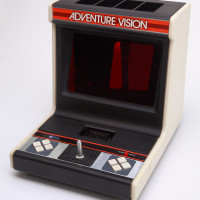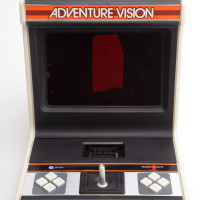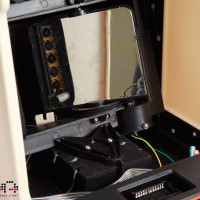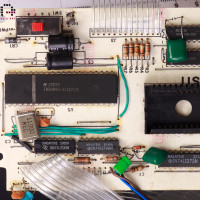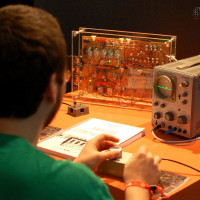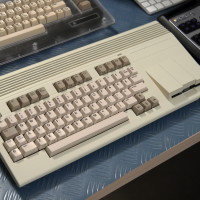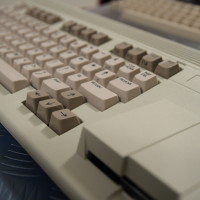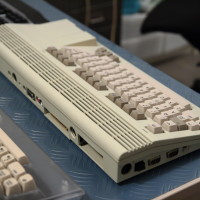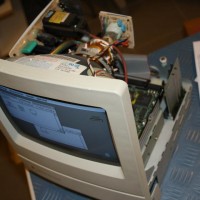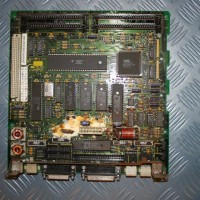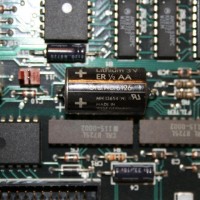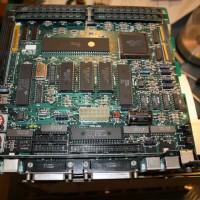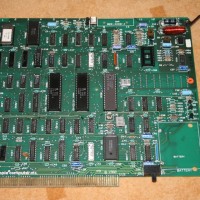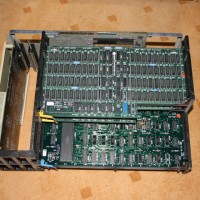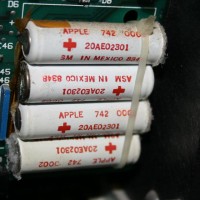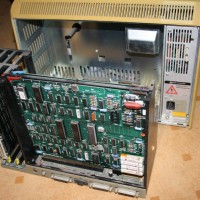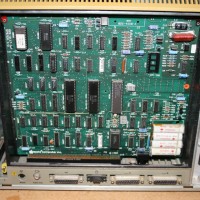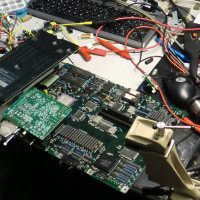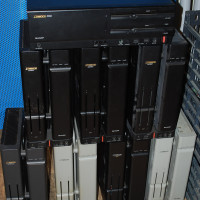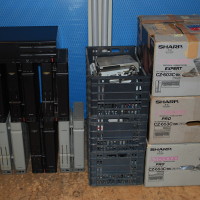Research
Research
Cultural Analytics
Research in cultural analytics with a focus on gaming hardware, computer games, and demoscene artworks involves examining the cultural significance, trends, and impact of these elements within society. This interdisciplinary field utilizes computational methods to analyze large datasets, including game sales, hardware specifications, player demographics, and artistic expressions within specific sub-communities. By applying data-driven approaches, researchers aim to understand patterns of consumption, technological advancements, cultural influences, artistic innovations, and creative processes.
Demoscene artworks are multifaceted expressions of creativity within the digital realm. One way to grasp their essence is through a deeply personal narrative, where individuals recount their euphoric experiences intertwined with the production of a demo. These stories often delve into intricate technical details, illustrating the fusion of personal passion with technical mastery. Alternatively, platforms like pouet.net or demozoo.org offer a panoramic view of demo artworks. By showcasing a spectrum of productions, these platforms provide context-rich overviews alongside explicit technical details. This dual approach — combining broad context with granular specifics — is essential for a comprehensive understanding of demo artworks. The MEGA Demoage Project epitomizes this ethos by offering diverse perspectives on the demoscene. It strives to render sociological, technological, and artistic aspects of demos accessible and navigable. By presenting new viewpoints, this project facilitates discourse surrounding demoscene phenomena.
Focusing on aesthetic dimensions, a qualitative analysis scrutinizes visual effects, sequences, composition, and scene transitions within demos. Attributes like brightness and color usage are meticulously examined, enriching the discourse on demo artworks. Through such nuanced exploration, the rich tapestry of demoscene culture becomes more tangible and appreciable. To dive into first experiements read → Demo Age: New Views
To follow up recent research go here:
Data & Media archaeology
The diversity of media makes the development of a universal preservation strategy impossible. However, professional studies allow the identification of criteria which can then be transferred to individual facets. Taking into consideration that computer-based works are more fragile than those of an analogue kind, we are now experiencing the beginning of media archaeology and a “culture of repairing”. Together with documentation of the development and application context the historicity of these works becomes visible and allows a transfer of knowledge of objects and values.
At summer semester 2013 at the Department of Media Hochschule Darmstadt a seminar titled ” Media Archaeology Series: Discover, Analyze, Document and Interpret Vintage Games ” led by Canan Hastik started. Systematic design, reception, technology and documentation of lost goods in the field of electronic games are being analyzed. From media-cultural approaches gaming platforms are subjected using theoretical analysis and detailed material studies. The media contents are interpreted and their effects analyzed. In the context of technological development, the importance of this media technology is emphasized. The aim is to understand media archeology as an artistic method and use. Thus media-archaeological examination can stimulate the development of new ideas.
Media Technology
Digital Arts and Crafts
(Adventure Vision case study)
As part of the media-archaeological study the system has been analyzed and documented.
→ Continue reading
Reconstruction
(T42: Tennis for Two case study)
With the goal of documenting a milestone of the electronic games history and once again out of sheer joy in experimenting and spirit of research T42 (pronounced “Tea for two”) has been created, the only existing 100% analog and fully playable reconstruction of Tennis for Two by William Higinbotham from 1958. [...]
Reconstruction and Development
(MEGA65 8-Bit Computer)
MEGA65 is an open-source new and open C65-like computer. Hardware designs and software are open-source (LGPL). [...]
Conservation
(Preservation advice: Old macs and batteries)
(Preservation advice: Old Lisa also needs some love)
Restoration
(X68000)

